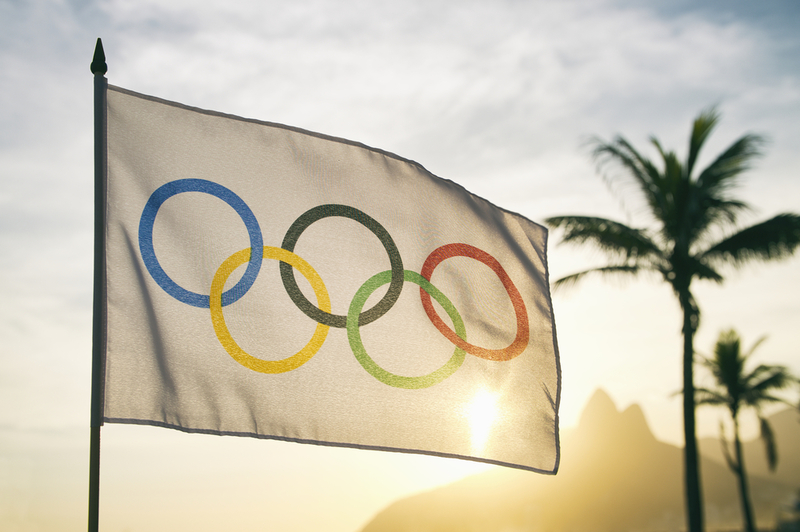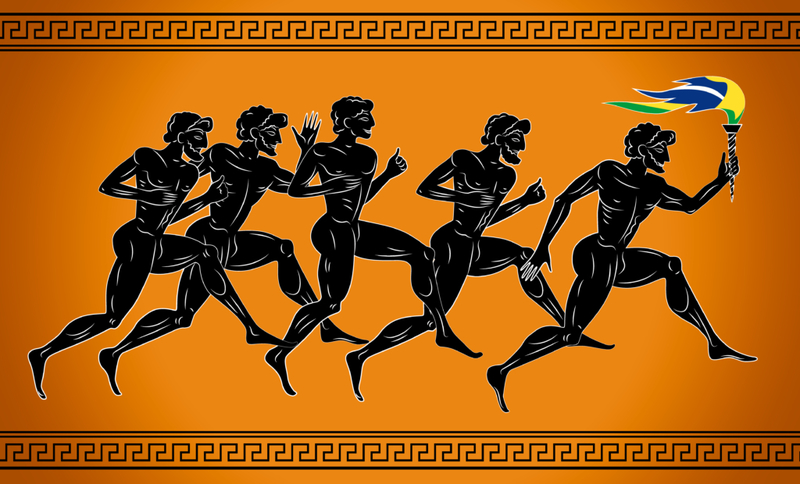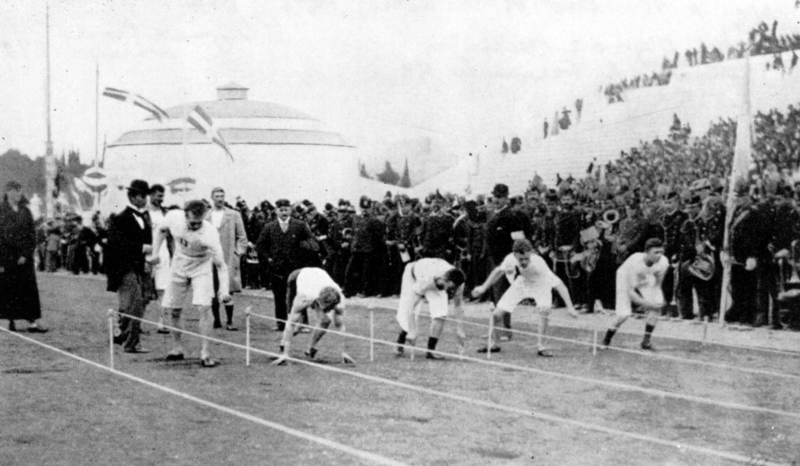
One of the earliest accounts dates as far back as 776 BC. However, historians agree that the Games existed much before. Celebrations were religious and dedicated to Zeus – the most powerful god in the Greek pantheon. Out of respect, any wars would cease during the contests.

Most records document only one athletic event – a footrace covering the length of the stadium. The Ancient Olympics featured competitions in music, theater, and oratory skills. The focus changed when the Spartans began to compete and introduced athletic events like javelin throwing, wrestling, running, and jumping. The Games continued to expand until 394 AD, when the Roman emperor Theodosius I banned the games for their pagan origins.
The world owes the revival of the Games to Pierre de Coubertin, a French Baron. Coubertin wished to develop an educational program inspired by the ancient Greek ideas of a balanced mind and body. His commitment to the cause gave rise to the modern Olympic movement.
Thanks to his persistence, an international sports congress met in 1894 to discuss the revival of the Olympic Games. Coubertin received unanimous support from the nine countries that attended: France, Greece, Russia, Spain, Italy, England, Belgium, Sweden, and the United States. The first games would be held in Greece, after which the event would travel every four years to other world cities.
In 1896, the first modern Olympics took place in Athens and was a smashing success. Thirteen countries participated in nine sports: cycling, shooting, gymnastics, fencing, swimming, lawn tennis, track and field, weight lifting, and wrestling. And the rest, as they say, is history.

The modern Games have a more athletic agenda. Yet, they are meant to achieve one of the original intentions of the ancient games. The Games denote a period of peace and friendly competition – a ceasing of any international conflict. It’s an imposing ideal for sure. One the world hasn’t always lived up to.